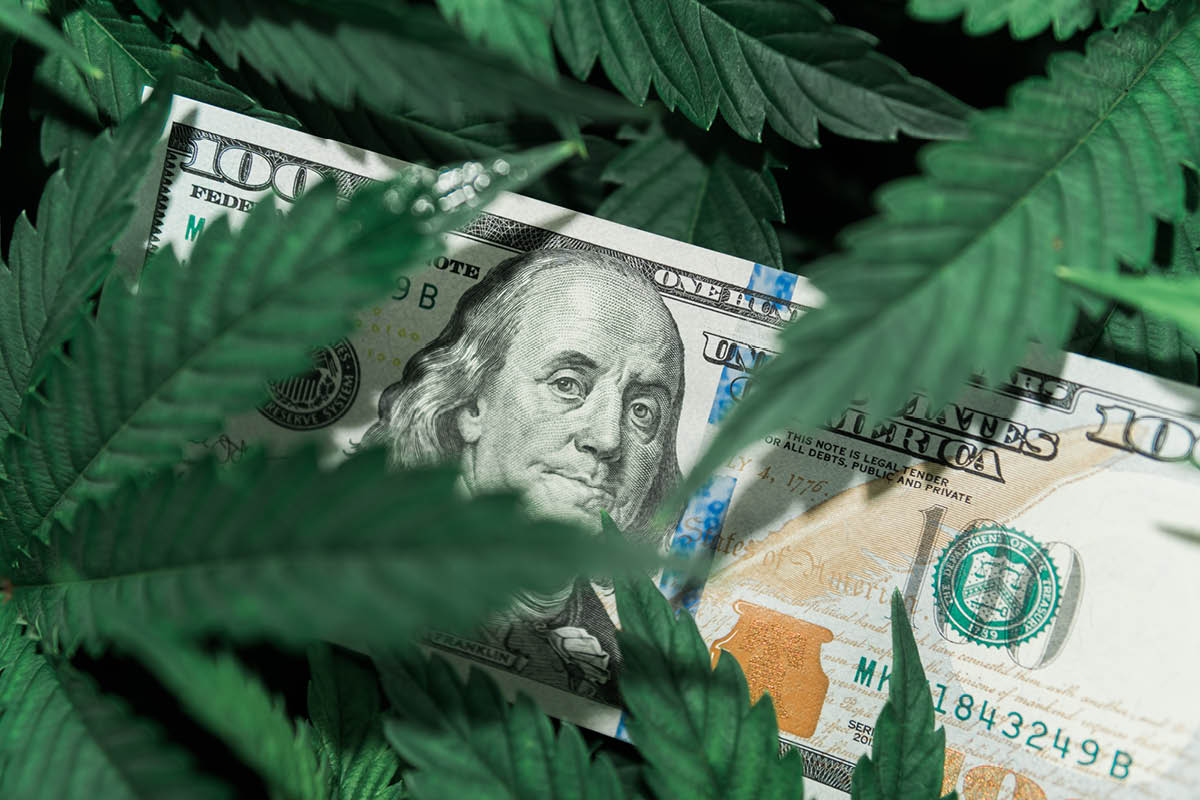
Running a cannabis business comes with unique challenges—especially when it comes to taxes. While the industry is booming in many states, it’s still hamstrung by outdated federal tax laws that put enormous pressure on the bottom line. The biggest offender? Section 280E.
But here’s the good news: smart operators are finding legal, IRS-approved ways to ease that burden by recovering money they’ve already overpaid—often without even knowing it. One of the best strategies? Looking beyond federal taxes and into your indirect taxes.
Let’s dig into how cannabis companies can recover cash and offset the impact of 280E.
What is 280E?
Section 280E of the Internal Revenue Code is like a tax penalty with no escape hatch. It disallows any deduction or credit for business expenses incurred in the trafficking of controlled substances—yes, even if you’re a fully licensed cannabis company operating legally under state law.
Here’s how it plays out: Unlike other businesses, cannabis operators can’t deduct standard costs like rent, marketing, payroll, or administrative expenses. That means taxable income gets massively inflated. It’s not uncommon for cannabis businesses to face an effective tax rate north of 60%.
It’s brutal. And it’s why so many cannabis operators are now looking for every possible offset to bring down their overall tax liability. That’s where indirect taxes come in.
Indirect Taxes: The Key to Unlocking Real Savings
When we say “indirect taxes,” we’re talking about taxes that don’t show up on your federal tax return—but hit your balance sheet all the same. These include:
- Sales and Use Tax
- Real Estate Tax
- Personal Property Tax
Unlike federal income taxes, indirect taxes are often misunderstood, misclassified, or even overpaid. The cannabis industry, in particular, is highly vulnerable due to the complexity and variability of these taxes between different municipalities. Operators are often so focused on compliance, licensing, and maintaining day-to-day operations that tax optimization falls to the bottom of the priority list — if it’s considered at all.
Many companies tend to brush off these indirect taxes as minor line items. However, if your business hasn’t had its indirect taxes reviewed by experts within the past year, it could be overlooking significant opportunities for tax savings
At The Brennan Group, we help cannabis businesses recover these overlooked funds through Refund & Exposure Reviews. We dig into your historical filings and invoices, reclassify what was taxed incorrectly, and file claims on your behalf. We often save businesses six figures or more.
Case in Point: Overpayments Are More Common Than You Think
Here’s the uncomfortable truth: most cannabis companies are leaving money on the table. And we’re not talking pocket change.
We’ve seen clients overpay thousands of dollars in sales tax on exempt transactions — especially equipment purchases, packaging materials, and facility improvements. Why? Because sales tax laws are hyper-specific by state, and constantly changing. Something that was taxable last year might be exempt this year (and vice versa).
Similarly, real estate and property taxes are often based on cookie-cutter assessments that don’t reflect the actual use or value of a cannabis facility. Maybe you’re operating in a distressed industrial zone, but the assessor valued you like a brand-new warehouse development.
Our review process identifies all of these inconsistencies. One client operating a cultivation site in a converted warehouse received a property tax reduction of 18%, simply by contesting the assessor’s valuation.
In fact, more than 90% of the companies we review are overpaying in at least one area.
How to Claim Your Offset: Cannabis Business Tax Recovery in Action
So, how do you start recovering what’s rightfully yours? Here’s how our process works:
Step 1: Discovery Call
We start with a quick, no-pressure consultation to understand your operations and where tax recovery might be possible.
Step 2: Data Review
We’ll analyze your past invoices, tax returns, and payment records. This includes examining:
- Sales & use tax applications on purchases
- Property tax assessments
- Fixed asset listings
- State-specific exemption eligibility
Step 3: Compliance Review Report
We’ll compile our findings into a detailed report that shows:
- Where overpayments occurred
- Which transactions are eligible for refunds
- How to correct future filings to prevent recurrence
Step 4: We File, You Save
We’ll manage the refund process with vendors, municipalities, and tax jurisdictions. You don’t lift a finger—and you don’t pay us a dime unless we secure savings.
Reclaiming Control Over Your Bottom Line
Section 280E isn’t going anywhere—at least for now. But that doesn’t mean your hands are tied. As a cannabis operator, you have tools to fight back and offset that federal tax burden.
Recovering overpaid indirect taxes is one of the smartest, most immediate ways to do that. It’s not about cutting corners—it’s about claiming money that was never owed in the first place.
At The Brennan Group, we specialize in helping cannabis companies like yours find those savings, recover those refunds, and build a more resilient financial future.
Book your free tax recovery review and let’s bolster your bottom line against Section 280E.

